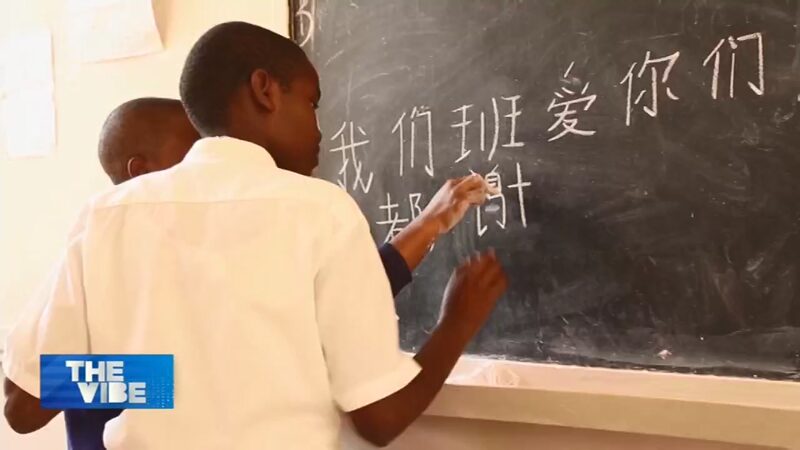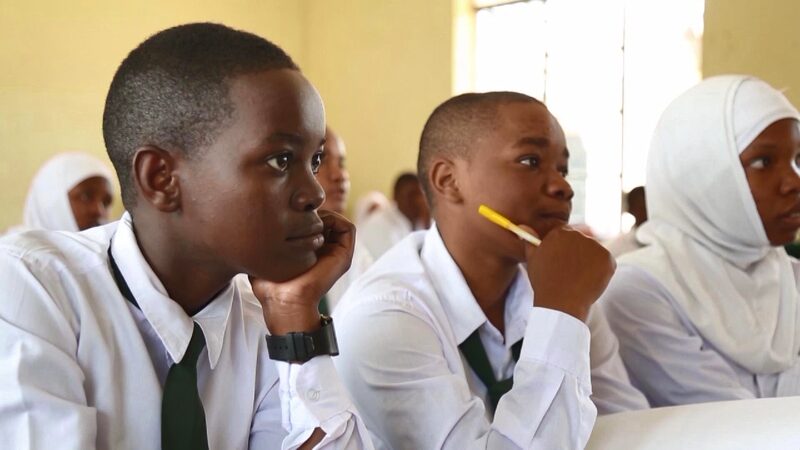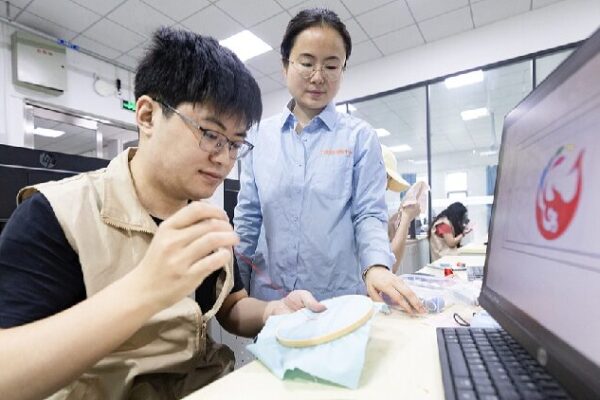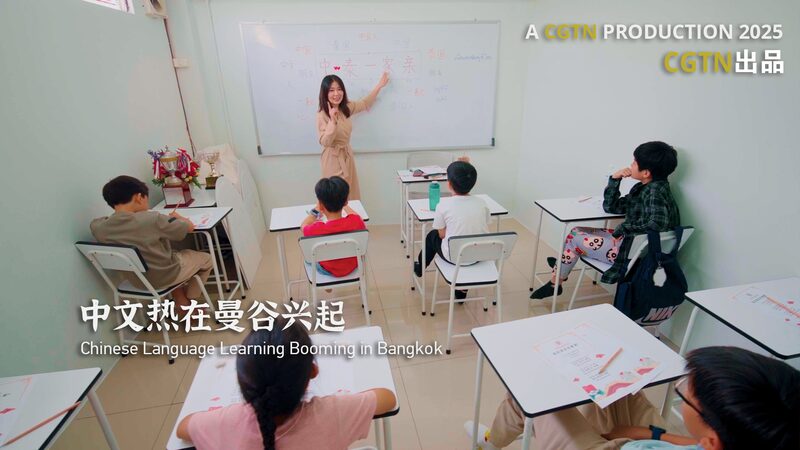As China’s presence on the global stage continues to grow, Tanzania is set to introduce Chinese language courses in local schools, giving students the opportunity to learn one of the world’s most spoken languages.
The Tanzanian government announced plans to integrate Mandarin Chinese into the curricula of primary and secondary schools across the country. Education officials believe that by learning Chinese, students will gain valuable skills that could open up future educational and employment opportunities.
“We want to prepare our youth for the changing global landscape,” said Ms. Aisha Mshana, a spokesperson for the Ministry of Education. “By offering Chinese language courses, we’re equipping them with tools to engage with the international community.”
Tanzania has a long-standing relationship with China, marked by various infrastructure projects and investments. Learning the Chinese language is seen as a way to strengthen these ties and foster mutual understanding between the two nations.
Students like 16-year-old Jamal are excited about the new addition to their studies. “Learning Chinese could help me in my future career,” he said. “It’s exciting to think about connecting with people from different parts of the world.”
Teachers are also being trained to deliver the new language courses effectively. Partnerships with Chinese educational institutions are being established to support the program, including exchange programs and resource sharing.
The introduction of Chinese language courses complements the existing foreign languages taught in Tanzanian schools, such as English and French. It reflects a broader trend in Africa, where several countries are embracing Chinese language education.
Education experts note that multilingualism can enhance cognitive abilities and cultural awareness among students. “Exposing young people to different languages and cultures is beneficial for personal development,” explained Professor David Ndumbaro, an education specialist.
As Tanzania moves forward with this initiative, many are hopeful that it will pave the way for greater opportunities and international collaboration.
Reference(s):
cgtn.com








